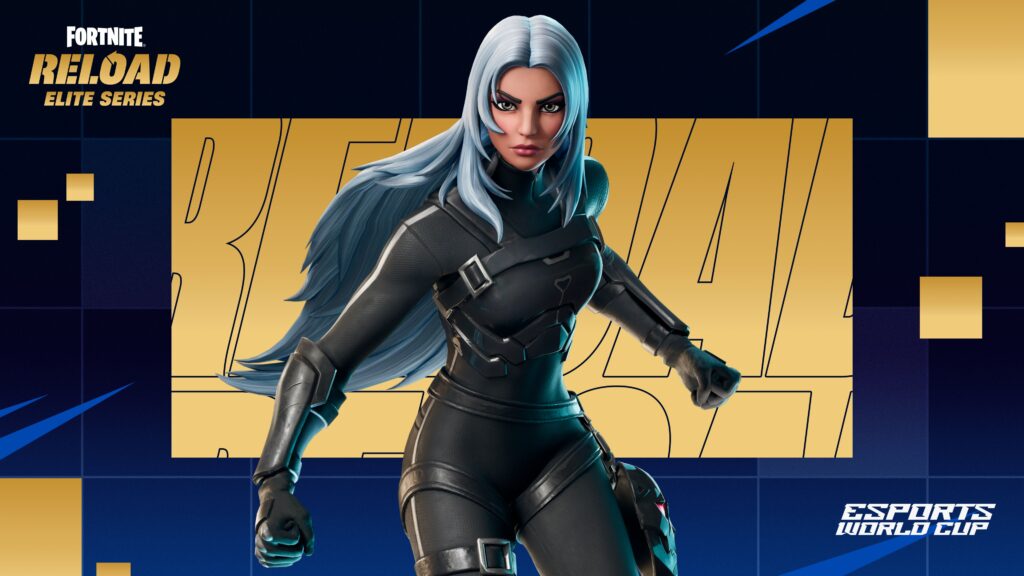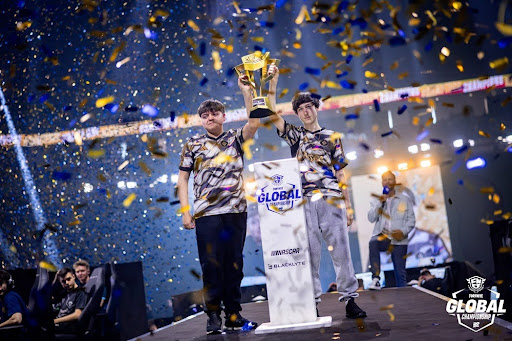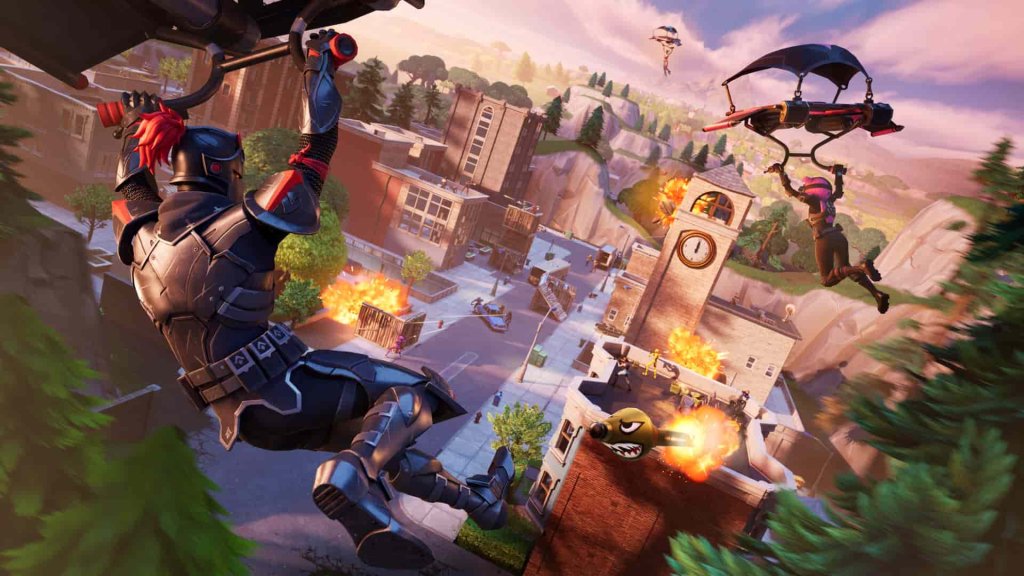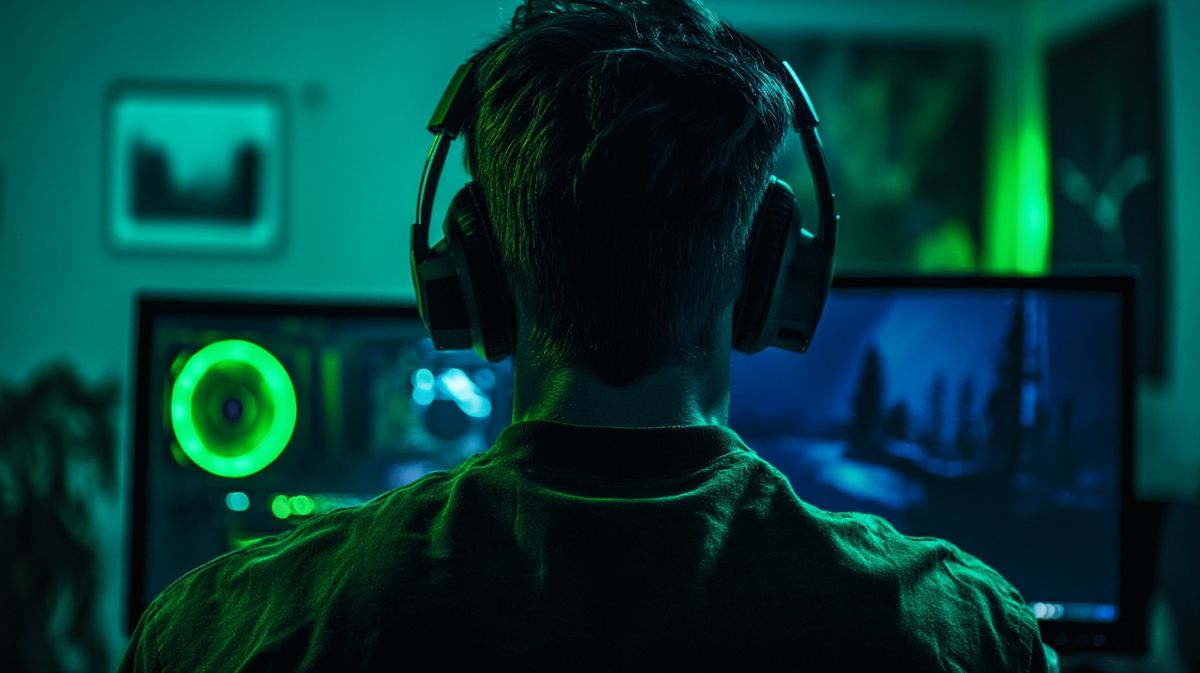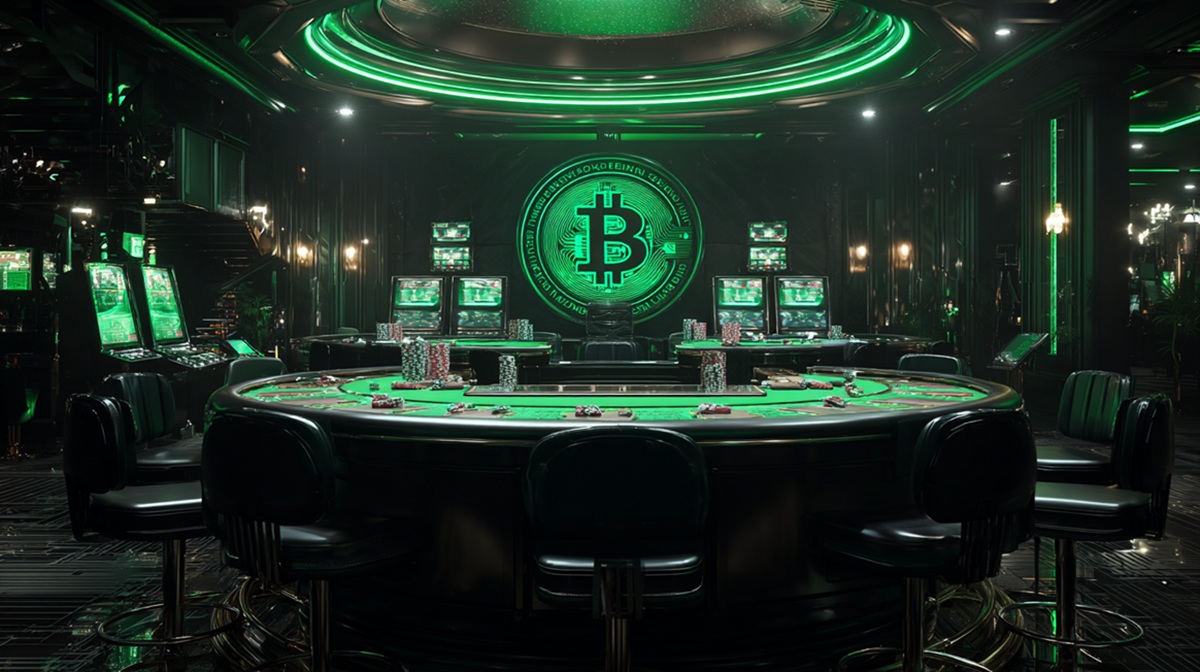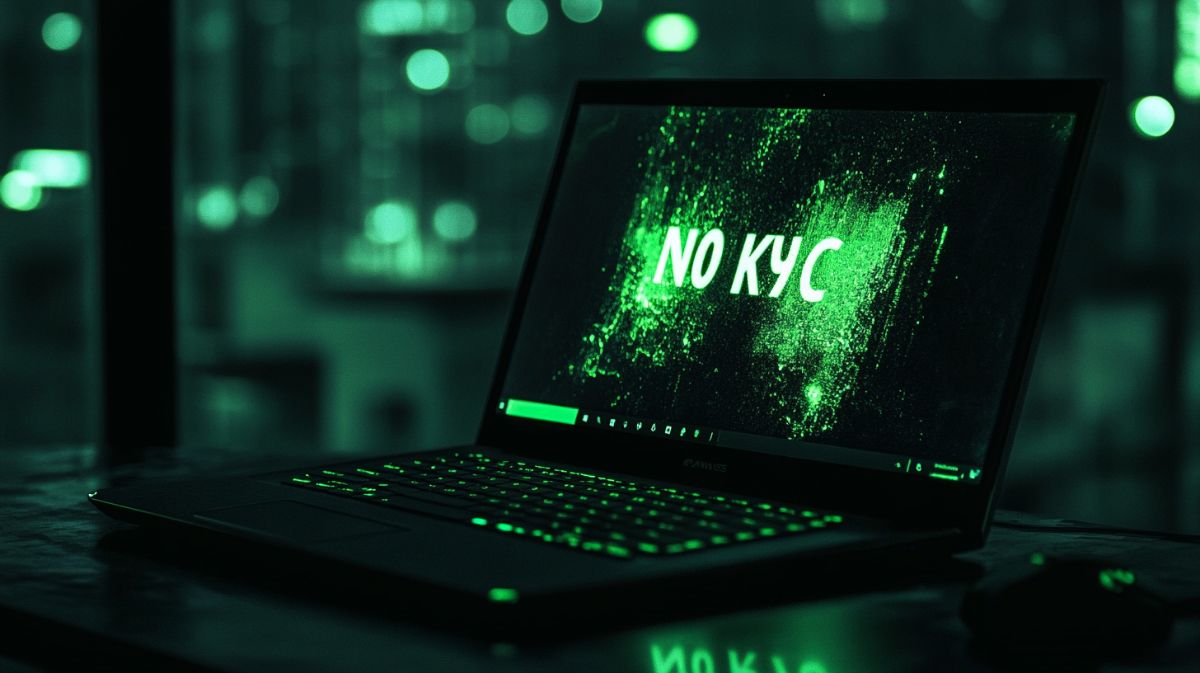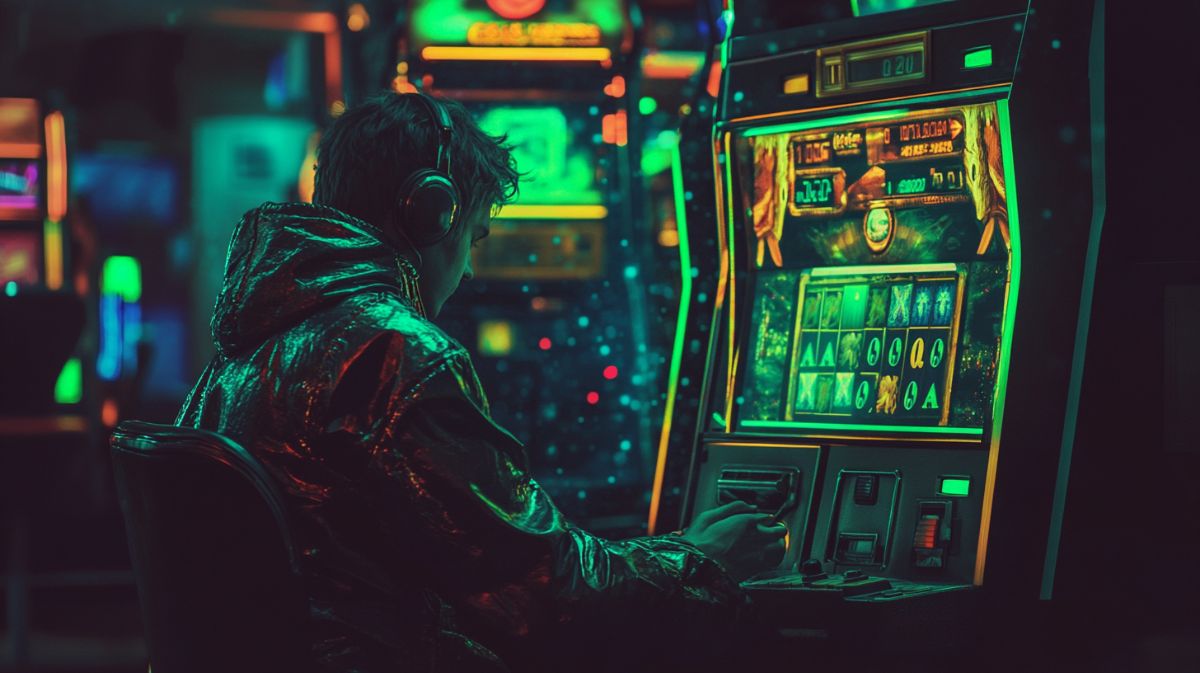What the Fortnite court case could mean for your enjoyment of esports
A court case involving the makers of the Fortnite video game and two YouTubers threatens to have big implications for how we enjoy esports. Epic Games launched the phenomenally successful Fortnite battle royale game last year, and they have brought a court case against a pair of gamers who they accuse of hacking the title and selling their cheats to others.
The legal actions are based upon the view that the gamers, Brandon Lucas and Colton Conter, both used ‘aimbots’ to gain special powers to improve their performance in the game. In addition to this, Epic Games has stated that the pair both sold their hacks to other gamers for large amounts of money.
Whilst many see Epic Games’ legal action as being fairly over-zealous, it could have interesting consequences in the esports realm. Competitive gaming is a relatively new phenomenon that could soon become a multi-billion dollar industry, and big steps are already being taken by enterprising legal firms to protect games developers and esports tournament organisers’ assets. But does this mean that your enjoyment of playing and watching esports could be affected in the future?
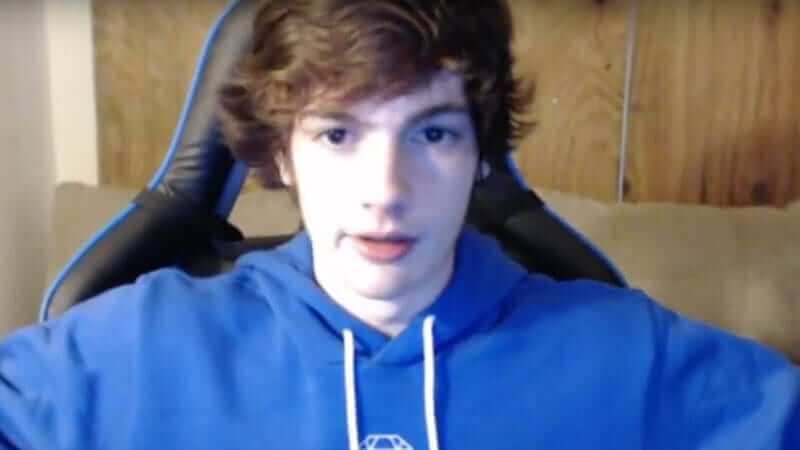
© Brandon Lucas | Golden Modz
Why are Epic Games taking legal action against gaming fans?
There’s a huge amount of gamers on streaming services like Twitch.tv and YouTube who have channels dedicated to titles like Fortnite, CSGO and League of Legends. For many people, these are invaluable sources of information about the games, and they also have the potential to significantly boost the promotion appeal of these titles.
However, it looks like the YouTubers Brandon Lucas and Colton Conter may have overstepped the mark. The pair are accused of promoting and selling ‘aimbots’ which are specially devised hacks that can dramatically improve a gamer’s ability to shoot accurately in a video game. Epic Games’ legal case has viewed such action as being against the ethics of fair-play, and as such ruin the game-playing experience of the many millions of gamers who play Fortnite without cheating.
It wasn’t just the YouTubers’ boasting of ‘magical powers’ that caught the attention of Epic Games. The fact that Brandon Lucas is a hugely popular YouTuber whose Golden Modz channel has over 1.7 million subscribers helped his GoldenGodz.com website sell the Fortnite aimbot hack for as much as $300 to other gamers. Both gamers have now been requested to take down all references to Fortnite on their channels as a result of the copyright complaint. In addition to this, all of the pair’s videos and hacks have been requested to be destroyed, and monetary compensation has also been sought by Epic Games.
What this means for competitive gaming
Whilst Epic Games’ legal proceedings have the potential to seriously limit the activities of these YouTube stars, the court case is widely thought to be more of an attempt to stop Fortnite cheating, rather than seeking any financial compensation. By making an example of Lucas and Conter, Epic Games will be hoping to halt any other gamers who hope to hack the battle royale game and sell the cheats to other gamers.
It will be interesting to see whether these legal actions will have any effects in the rapidly changing world of competitive gaming. Another hugely successful battle royale game, PlayerUnknown’s Battlegrounds, was revealed to have been the victim of a massive amount of cheating with the anti-cheating software company, BattlEye, stating that more than a million cheaters had been exposed in just one month.
The hacking of video games is nothing new, and many gamers claim that cheats can actually improve the gameplay and increase the enjoyment of a game. But as esports tournaments are supposed to be based on the traditional concepts of fair-play, it’s clear that the attempts to limit hacking are going to be much more intense in the future.

© Epic Games
Rise of the esports lawyers
As the global esports industry is expected to top $1.65 billion by 2020, it’s clear that there’s some serious money to be made. But in order to keep a game developer’s assets secure and ensure that the gameplay is completely fair, there needs to be a much more rigid legal framework developed to counter hacking attempts like the recent Fortnite case.
Two Toronto-based lawyers have recently established the first law firm that is dedicated to esports in a bid to cater to this relatively new entertainment phenomenon. This will aim to focus on everything from intellectual property protection, to live streaming rights, as well as provide advice for contracts for professional esports gamers.
Such measures will hopefully help to counter the handful of allegations of match-fixing that have dogged certain esports tournaments in the past, as well as ensure that the current Fortnite court case doesn’t affect our future competitive gaming entertainment.
